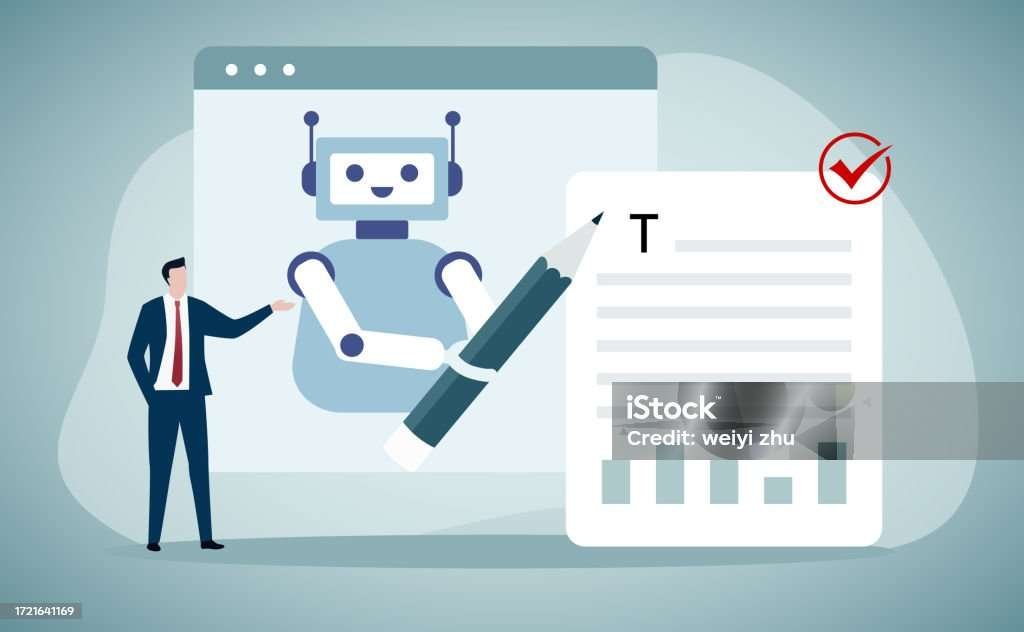How IoT (Internet of Things) Can Transform Your Small Business: A Complete Guide
The Internet of Things (IoT) is no longer just a buzzword reserved for tech giants and large corporations. Today, IoT for small business represents one of the most accessible and powerful ways to streamline operations, reduce costs, and gain a competitive edge in an increasingly digital marketplace. As connected devices become more affordable and user-friendly, small business owners are discovering that IoT technology can solve real-world problems while delivering measurable returns on investment.
Understanding IoT for Small Business
IoT refers to the network of physical devices embedded with sensors, software, and connectivity that enables them to collect and exchange data over the internet. For small businesses, this technology creates opportunities to monitor, control, and optimize various aspects of operations remotely and automatically. From smart thermostats that reduce energy costs to inventory sensors that prevent stockouts, IoT solutions can address many common small business challenges.
The beauty of IoT for small businesses lies in its scalability and affordability. Unlike enterprise-level systems that require massive upfront investments, many IoT solutions are designed with small business budgets in mind. This democratization of technology means that a local restaurant can benefit from the same type of smart systems that large chains use, just on a smaller scale.
Key Benefits of IoT for Small Business
Cost Reduction and Efficiency One of the most immediate benefits of implementing IoT in small business operations is cost reduction. Smart energy management systems can automatically adjust lighting, heating, and cooling based on occupancy and time of day, potentially reducing utility bills by 20-30%. Meanwhile, predictive maintenance sensors can identify equipment issues before they become costly repairs, saving both money and downtime.
Enhanced Customer Experience IoT technology enables small businesses to provide personalized, responsive customer service. Retail stores can use beacon technology to send personalized offers to customers’ smartphones when they enter specific areas. Restaurants can implement smart ordering systems that reduce wait times and improve order accuracy. Service-based businesses can use IoT sensors to provide real-time updates about service arrival times or project progress.
Data-Driven Decision Making IoT devices generate valuable data that can inform business decisions. Sales analytics from smart point-of-sale systems can reveal peak shopping times and popular products. Environmental sensors can provide insights into optimal store conditions for both customer comfort and product preservation. This data helps small business owners make informed decisions about inventory, staffing, and marketing strategies.
Improved Security and Monitoring Smart security systems using IoT technology offer small businesses affordable, comprehensive protection. Connected cameras, door sensors, and alarm systems can send real-time alerts to business owners’ smartphones, allowing for immediate response to security threats. Some systems even use artificial intelligence to distinguish between normal activities and potential security breaches.
Practical IoT Applications for Small Businesses
Inventory Management Smart inventory tracking systems use RFID tags or barcode scanners connected to IoT networks to provide real-time inventory visibility. These systems can automatically reorder products when stock levels reach predetermined thresholds, preventing both stockouts and overstock situations. For small businesses with limited storage space, this optimization can be particularly valuable.
Energy Management Smart lighting systems, programmable thermostats, and energy monitoring devices can significantly reduce utility costs. These systems can be programmed to operate based on occupancy, time of day, or even weather conditions. Some advanced systems learn from usage patterns and adjust automatically to optimize energy consumption without sacrificing comfort.
Fleet and Asset Tracking Small businesses that rely on vehicles or mobile equipment can benefit from IoT tracking solutions. GPS-enabled devices provide real-time location information, while sensor systems can monitor vehicle performance and maintenance needs. This visibility helps optimize routes, improve customer service, and reduce fuel and maintenance costs.
Customer Analytics and Engagement IoT sensors can provide valuable insights into customer behavior. Heat mapping sensors show which areas of a store receive the most foot traffic, helping with product placement and store layout optimization. Customer counting systems provide accurate data about peak hours and seasonal trends, enabling better staffing decisions.
Implementation Strategies for Small Business IoT
Start Small and Scale Gradually The key to successful IoT implementation in small businesses is to start with one or two specific use cases rather than attempting a comprehensive overhaul. Begin with solutions that address your most pressing challenges or offer the clearest return on investment. Once you’ve gained experience and seen results, you can expand to additional IoT applications.
Focus on Integration: Choose IoT solutions that can integrate with your existing systems and with each other. This integration is crucial for creating a cohesive technology ecosystem that provides maximum value. Look for solutions that offer APIs or work with popular business software platforms.
Prioritizing Security Security should be a primary consideration when implementing IoT solutions. Ensure that all devices are properly secured with strong passwords, regular software updates, and network segmentation. Consider working with reputable vendors who prioritize security in their product design.
Plan for Scalability: Choose IoT solutions that can grow with your business. This foresight prevents the need for costly system replacements as your business expands. Cloud-based IoT platforms often offer the best scalability for small businesses.
Overcoming Common IoT Implementation Challenges
Budget Constraints While IoT technology has become more affordable, budget constraints remain a concern for many small businesses. Consider starting with basic, cost-effective solutions and reinvesting the savings and benefits into more advanced systems. Many vendors offer flexible payment plans or lease options that can help manage cash flow.
Technical Expertise Small business owners may lack the technical expertise to implement and maintain IoT systems. Partner with experienced vendors who provide comprehensive support, training, and maintenance services. Many IoT solutions are designed to be user-friendly and require minimal technical knowledge to operate.
Data Privacy and Security Protecting customer data and ensuring privacy compliance is crucial when implementing IoT solutions. Work with vendors who prioritize security and provide clear information about data collection, storage, and usage practices. Ensure that your IoT implementation complies with relevant privacy regulations.
The Future of IoT for Small Business
As technology continues to evolve, IoT for small businesses will become even more accessible and powerful. Artificial intelligence integration will make IoT systems more intelligent and autonomous, while 5G networks will enable faster, more reliable connections. These advances will create new opportunities for small businesses to compete effectively with larger competitors.
The key to success with IoT for small business is to start with clear goals, choose the right solutions, and implement them thoughtfully. By focusing on specific business challenges and measuring results, small business owners can leverage IoT technology to create more efficient, profitable, and customer-focused operations. The future belongs to businesses that embrace digital transformation, and IoT provides an accessible pathway to that future for small businesses of all types.




